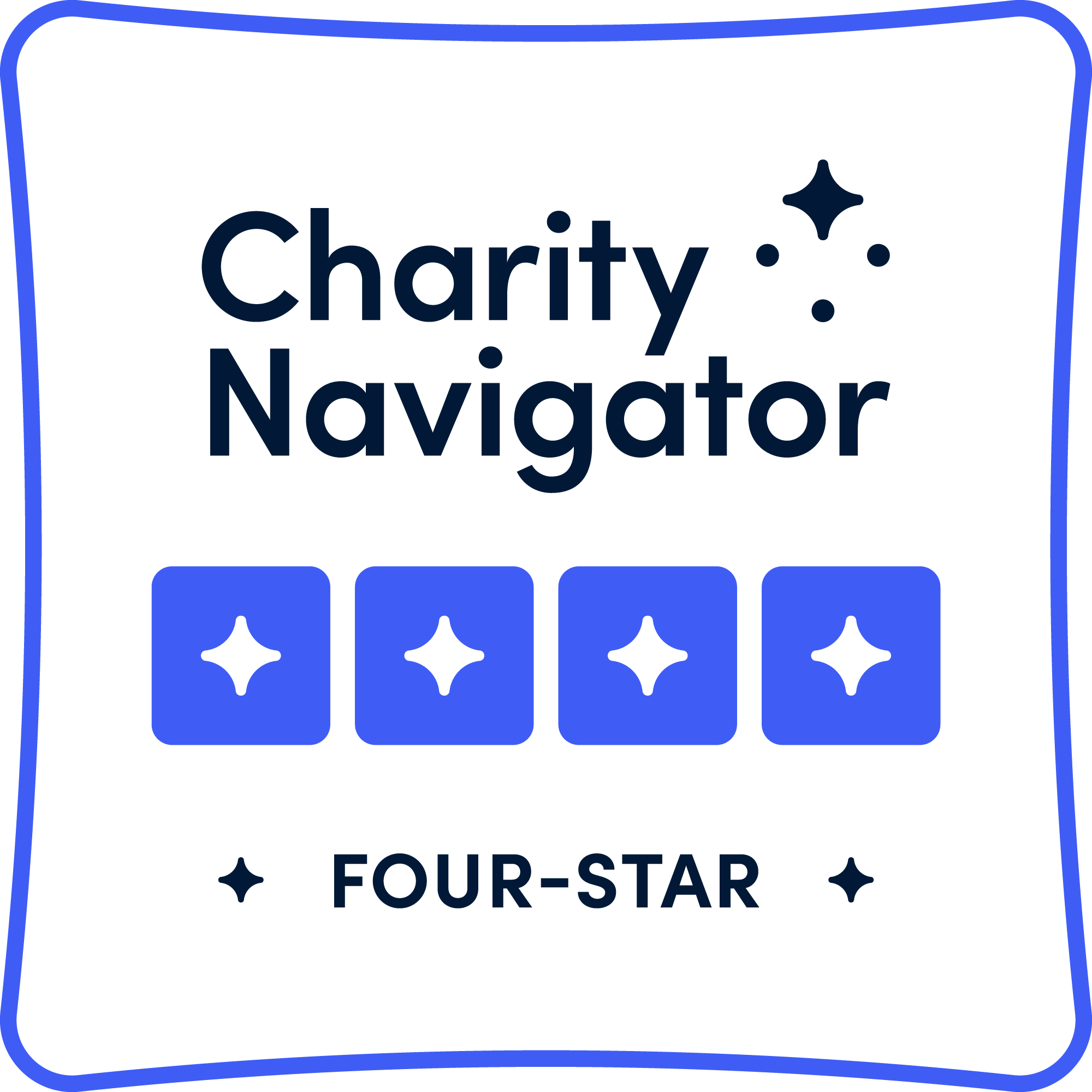Month of the Military Child: Eight Resources for Serving Veteran Families with Children
April is the Month of the Military Child. We know that when their parents transition out of uniform, military children become the children of veteran families whose new lives on the civilian landscape present new and unique adjustments . Increasingly, the collaboratives in our local partner network strive to serve veteran families as a whole. Part one of this series can help put you in the shoes of a military child transitioning out of the military with her family as a teen (full disclosure: it’s yours truly). Part two shares resources you can add to your toolkit when you’re serving veteran families.
When a military member transitions from active duty, their family transitions with them. Just like veterans, veteran family members’ transition-related challenges don’t always crop up tidily during the first few months post-DD-214. As we discussed in our previous blog, the process of transition can take years. Veteran families in transition are learning to maintain friendships, dealing with having more (or less) time to spend together as a family, finding and keeping a home, finding a job or activities that provide a sense of community and purpose, and generally tackling life’s challenges without the structure or supports of the active duty environment. These eight resources can help collaboratives understand and better serve veteran families as a whole.
Blog: “When military parents transition to civilian life, so do their kids”do their kids”
This IVMF blog by Kelly Blasko, Ph.D.—a counseling psychologist and expert in leveraging tech solutions to help military families’ wellbeing—is an awesome repository of tools for military families looking for ways to manage stress during the transition process.
Webpage: LA County 2-1-1: Children and Families of Veterans
This is a great example for resource referral agencies to follow. Especially in locations without active duty installations, it can be tough to locate resources for veteran families. The LA County 2-1-1 website has a dedicated page for Children and Families of Veterans. The page offers browsable local resources for needs like family counseling, scholarships, child care, caregiver support and more. Does your local 2-1-1 directory highlight these resources?
Blog: Do You Know About These 10 Scholarships for Children of Veterans?
Where can college-bound kids of veterans turn when the GI Bill’s not on the table (or is already exhausted)? This section of USC’s website for the Dworak-Peck School of Social Work features several scholarship opportunities for children (and even grandchildren) of military veterans.
Website: Military Child Education Coalition
On the topic of education, the Military Child Education Coalition has podcasts, webinars, articles, and tools to help educators, service providers, and military and veteran families support children’s education, from pre-K to college. Bonus for any providers who need continuing education credits: MCEC’s webinars can earn you CEUs.
Article: Vets could soon get free child care during medical treatment
This one’s an exciting, but uncertain, potential resource, as it’s not yet signed into law: A pilot program launched in 2011 has provided free childcare at certain VA healthcare facilities so that parents, caregivers, and grandparents can attend appointments. The idea is to remove barriers to accessing healthcare, and this article cites that 10% of veterans have had to cancel or miss VA appointments due to childcare conflicts. The program, if not renewed this year, will end in 2019.
Multimedia Toolkit: Sesame Street Adventure Campaign
The beloved muppets of Sesame Street frame transition as an adventure in this video and multimedia toolkit for military and veteran families. Elmo performs a very catchy rap, interviews real military kiddos, and points out positives of being a military kid. In Elmo’s words, when you make new friends and get to talk to your old friends, ”You have LOTS of friends!”
Factsheet: After Service: Veteran Families in Transition
This SAMHSA-funded paper is aimed at providers, but can help military family members, too. It provides learning resources for the stresses of military transition, the mixed feelings that can arise when military families reunite, and for coping as a family when a member is impacted by injuries–visible or invisible.
Workbook: A Veteran’s Guide to Talking with Kids About PTSD
A service member or veteran facing a PTSD diagnosis may find it difficult to discuss with family, especially children. This research-based workbook by VA South Central (VISN 16) Mental Illness Research, Education and Clinical Center can serve as a guide for a conversation that’s honest, developmentally-appropriate, and makes the whole family feel supported. It’s got brief anecdotes and real quotes about parenting as a veteran living with PTSD, which help normalize experiences that might feel lonely. It’s also got practical suggestions for how much, what, and when to share, and healthy activities for the parent and family, too.
This blog is just a jumping-off point for veteran family resources. If supporting veteran families is part of your collaborative’s shared mission, MFRI’s research is a great place to begin further reading about “family-focused systems of care.” How does your collaborative approach serving children in veteran families? Let us know!









